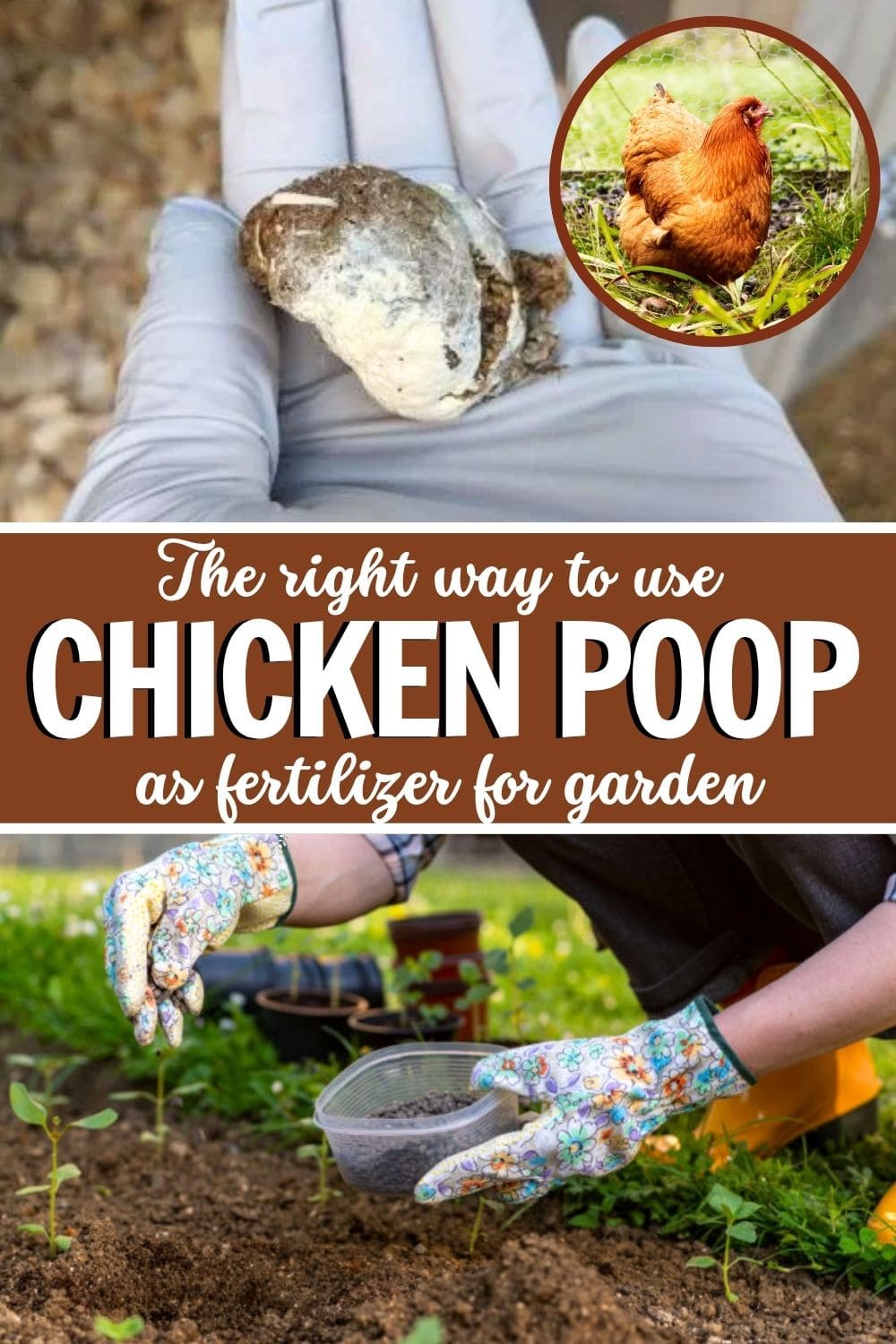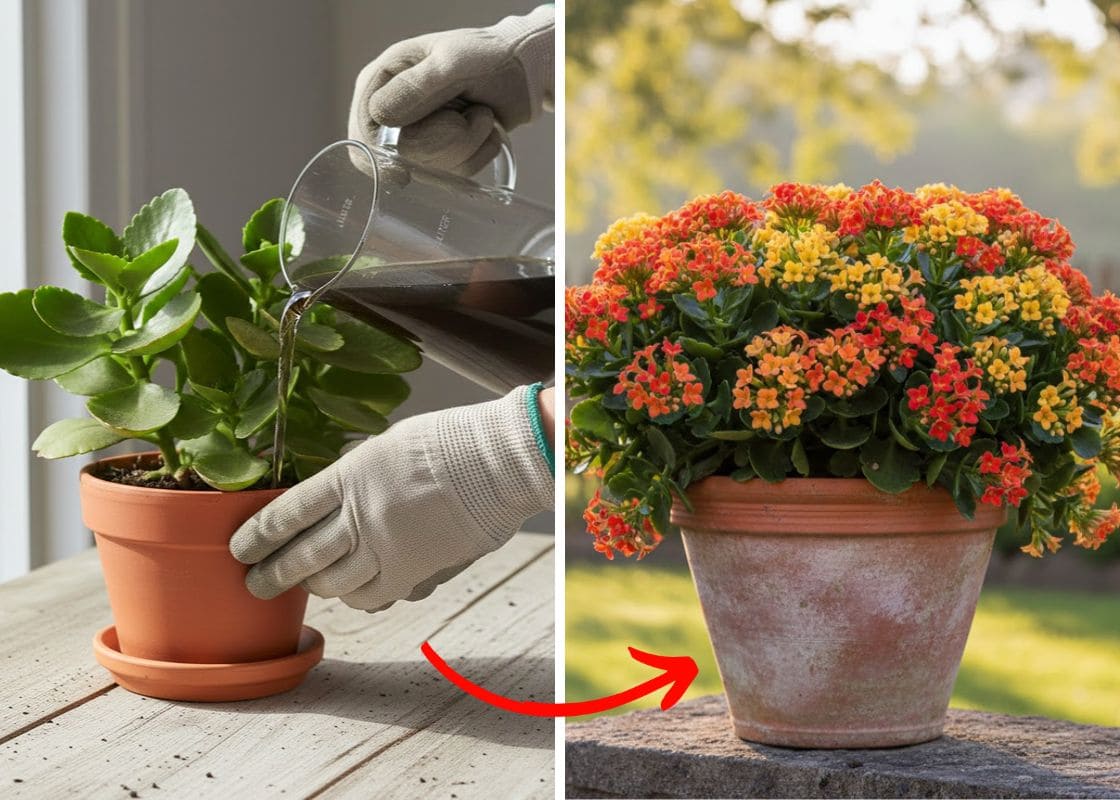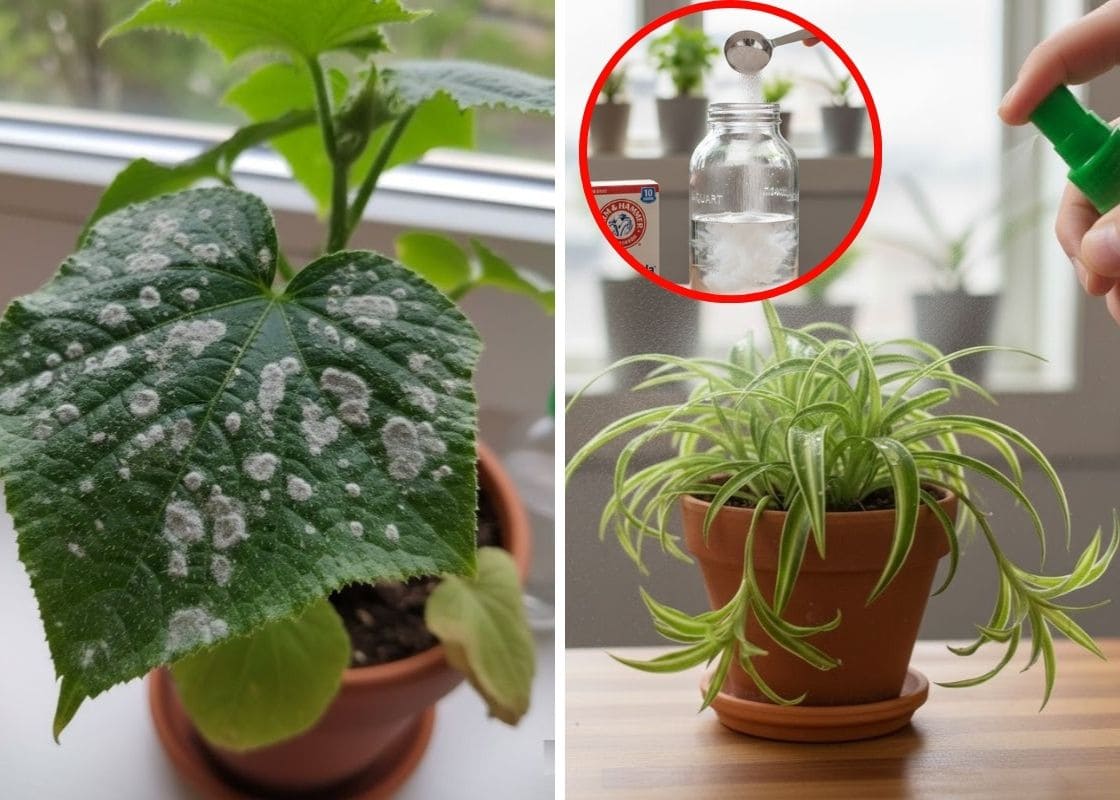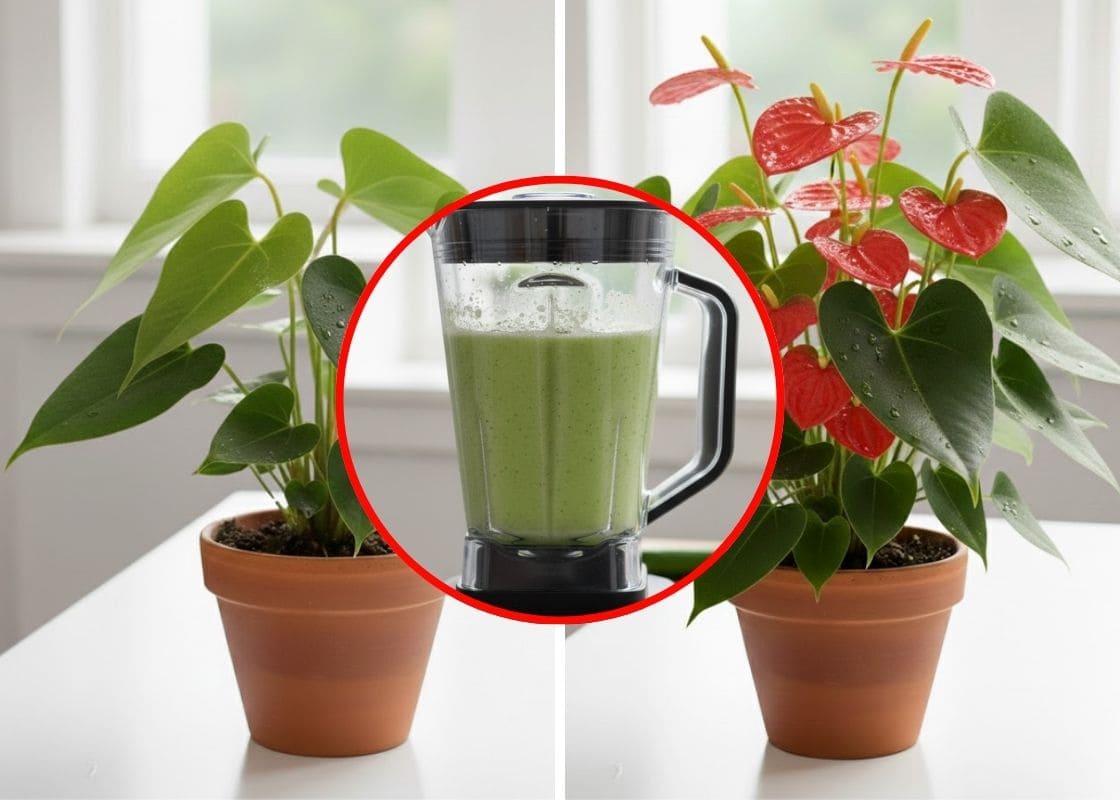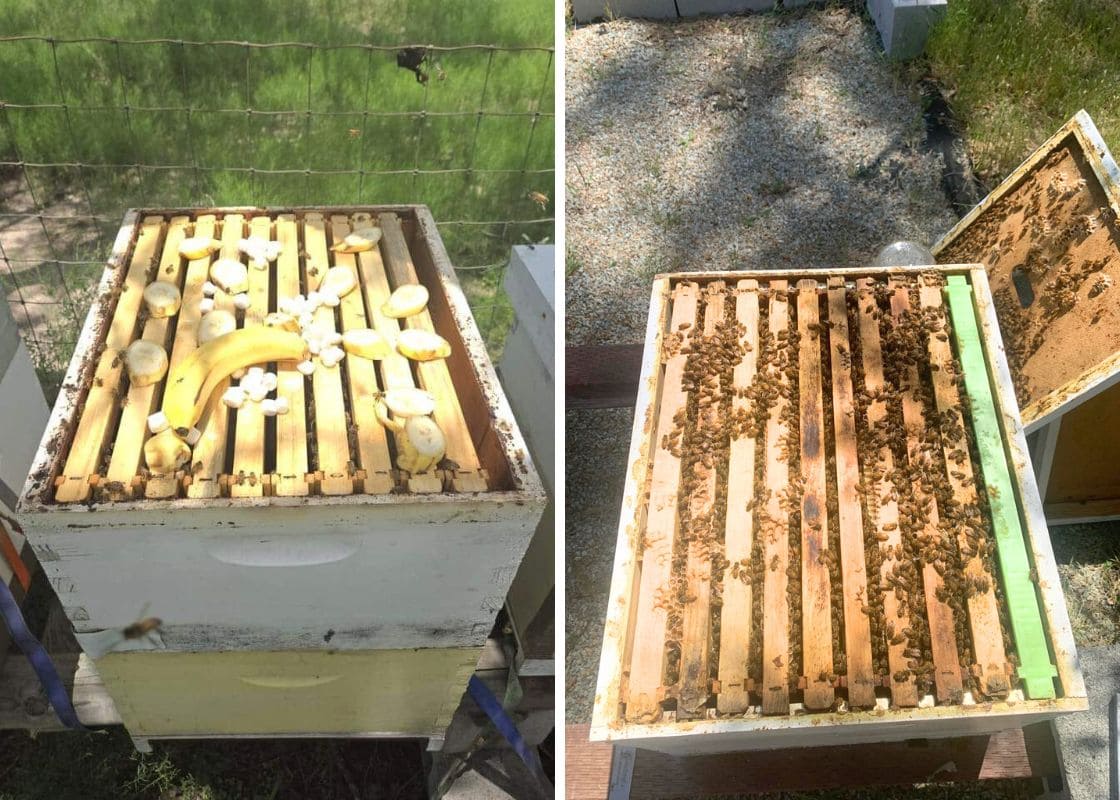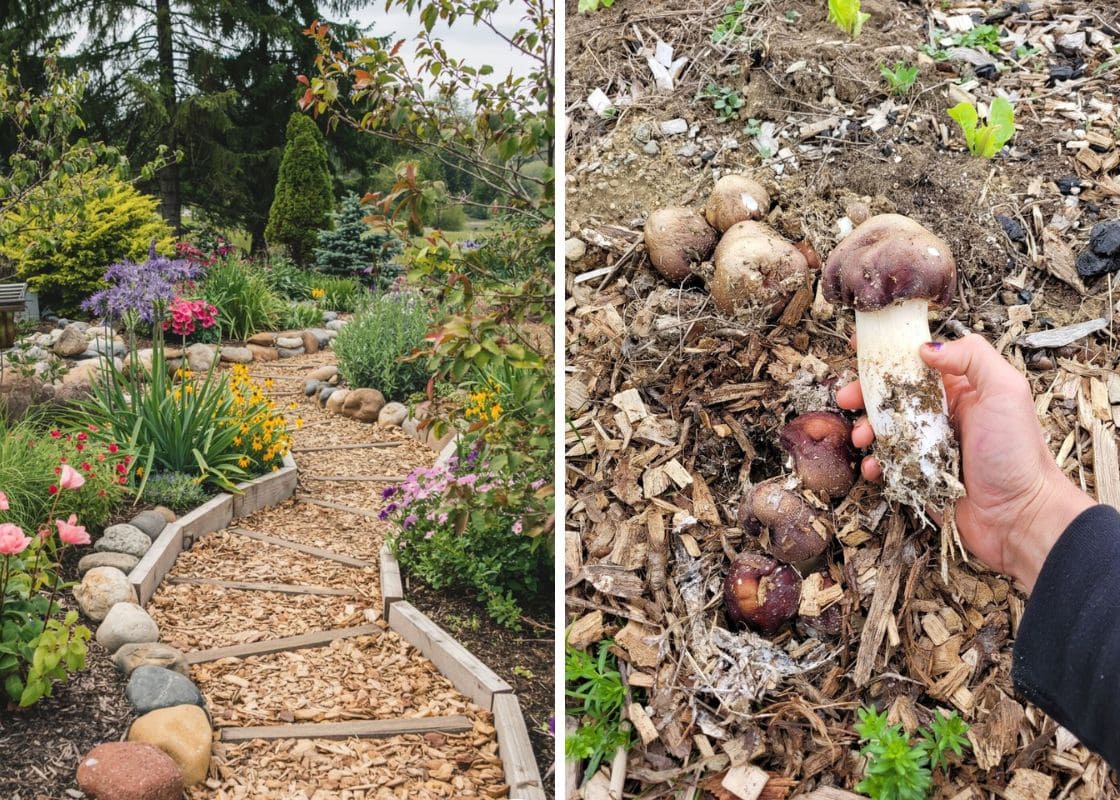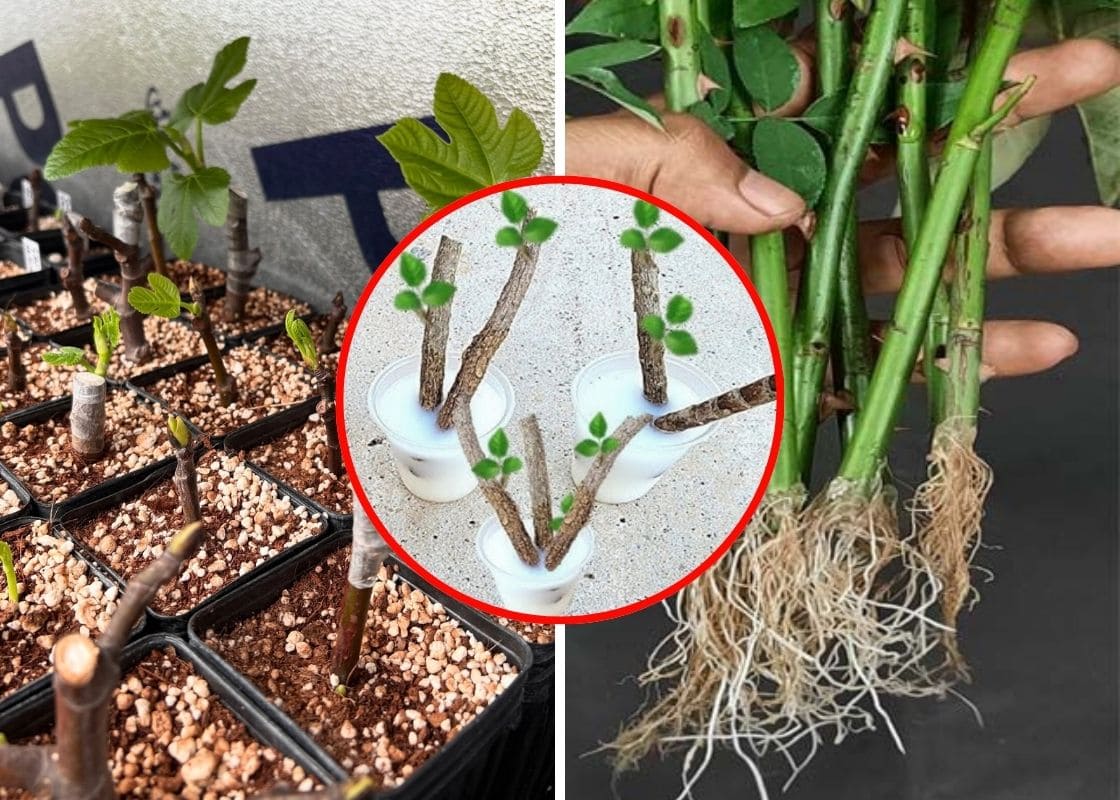If you’ve got backyard chickens, you’re sitting on a gold mine. While most people focus on the fresh eggs, there’s another powerful gift your hens leave behind every day: their poop.
As odd as it might sound, chicken manure is one of the best fertilizers you can give your garden.
But here’s the thing, it’s not as simple as scooping and spreading. Use it the right way, and your soil will thrive. Use it raw, and your plants might suffer.
Why Chicken Poop Makes Excellent Fertilizer
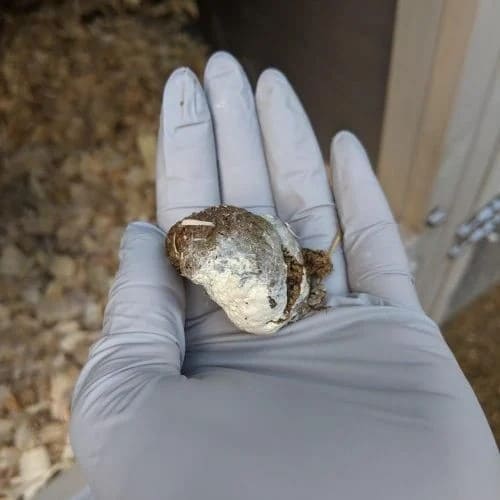
Chicken manure isn’t just any animal waste. It’s packed with nitrogen, phosphorus, and potassium, three nutrients that plants rely on to grow big, strong, and productive.
In fact, pound for pound, chicken poop typically contains more nutrients than cow, horse, or even sheep manure. It’s like giving your plants a slow-release vitamin boost that feeds the soil while improving its texture and microbial life.
But because it’s so rich in nitrogen, it’s considered a hot manure. That means if you apply it fresh, it can actually burn your plants’ roots or leaves. That’s where composting comes in.
Raw vs. Composted: The Important Difference
Raw chicken manure should never be used directly on your plants. Not only is it too strong, but it may also carry harmful pathogens like salmonella or E. coli, especially risky if you’re growing vegetables.
Composted chicken manure, on the other hand, is a completely different story.
Composting breaks down the nitrogen to safer levels, kills off pathogens, and transforms your chicken waste into a dark, crumbly, earthy-smelling material that’s safe to use throughout the garden.
So before you reach for a shovel, take the time to do it right and your garden will thank you later.
How to Compost Chicken Poop Properly
Composting chicken manure doesn’t require fancy equipment, but it does take time and balance. You’re not just tossing poop into a pile, you’re building a blend of greens and browns.
The poop itself is high in nitrogen (a green), but it’s usually mixed with carbon-rich bedding like straw, wood shavings, sawdust, or shredded leaves (your browns).
Aim for a rough balance where there’s more bedding than manure to create the ideal carbon-to-nitrogen ratio and prevents the pile from turning into a slimy, smelly mess.
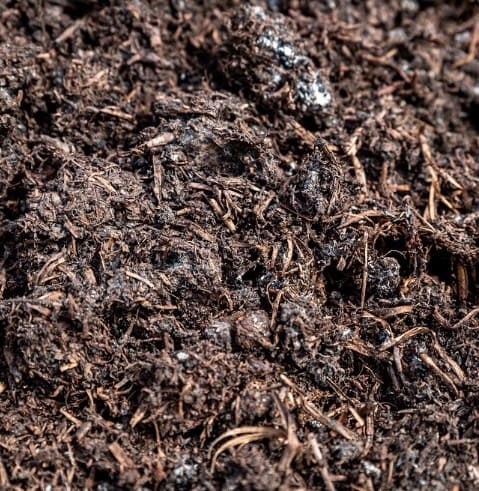
Your compost pile should be damp but not soggy, imagine the feel of a wrung-out sponge. And you’ll want to turn it every week or so to add oxygen and speed up the process.
If your pile gets hot (around 130-150°F inside), you’re on the right track. That heat helps kill off harmful bacteria and weed seeds.
After about 6 to 12 months, your compost should be ready. It’ll be dark, crumbly, and won’t smell like chicken poop anymore, just rich soil.
How to Use Aged Chicken Manure in the Garden
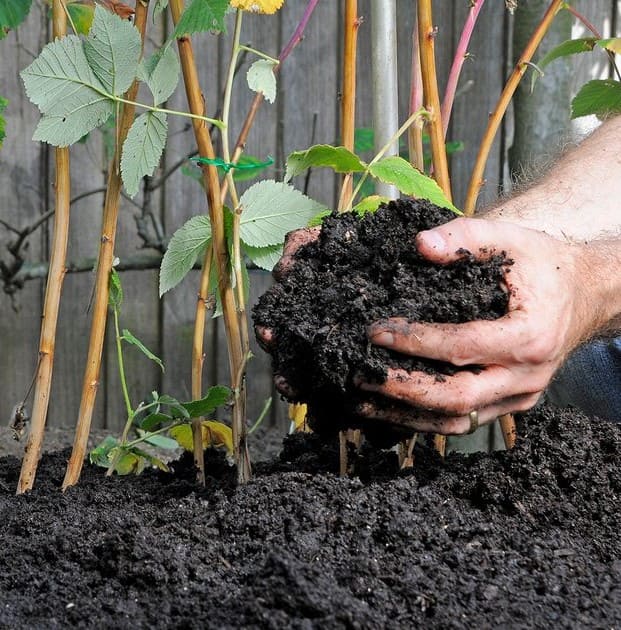
Once your chicken manure compost is fully cured, you can mix it directly into your garden beds a few weeks before planting in the spring, or add it to fall beds where it’ll continue to break down over the winter.
You don’t need much, just a thin layer spread over the surface and gently worked into the top few inches of soil.
It also works wonderfully as a top dressing around fruit trees, shrubs, or flower beds. Just keep it a few inches away from the base of the plants to avoid any moisture buildup around the stem or trunk.
Specially, avoid placing compost right up against tender seedlings or root crops unless it’s fully cured. Even aged manure still packs a punch, so less is more.
Chicken Manure Tea For an Extra Boost
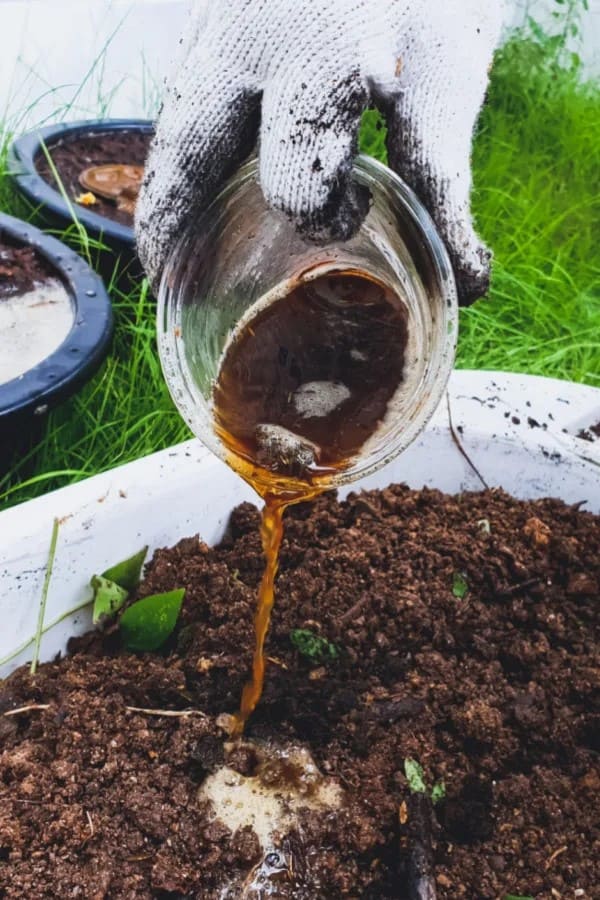
If you want a liquid version of this natural fertilizer, you can make a batch of manure tea using composted chicken poop.
Simply add a few shovels of finished compost to a 5-gallon bucket of water. Stir it well and let it steep for two to three days.
Then, strain the liquid and pour it at the base of your plants as a soil soak, not directly on leaves. This gives them a mild but effective nutrient boost during the growing season.
Don’t Skip the Safety Basics
It’s easy to get comfortable when you’ve got chickens in your backyard, but safety still matters.
Always wear gloves when handling manure or compost, and wash your hands afterward, especially before touching food or your face.
Don’t apply raw chicken manure to edible crops within 90 days of harvest.
And if your chickens have been on medication, like antibiotics or dewormers, avoid using their waste in your garden for a while. Some chemicals can linger and affect your soil ecosystem.
What Grows Best with Chicken Manure?
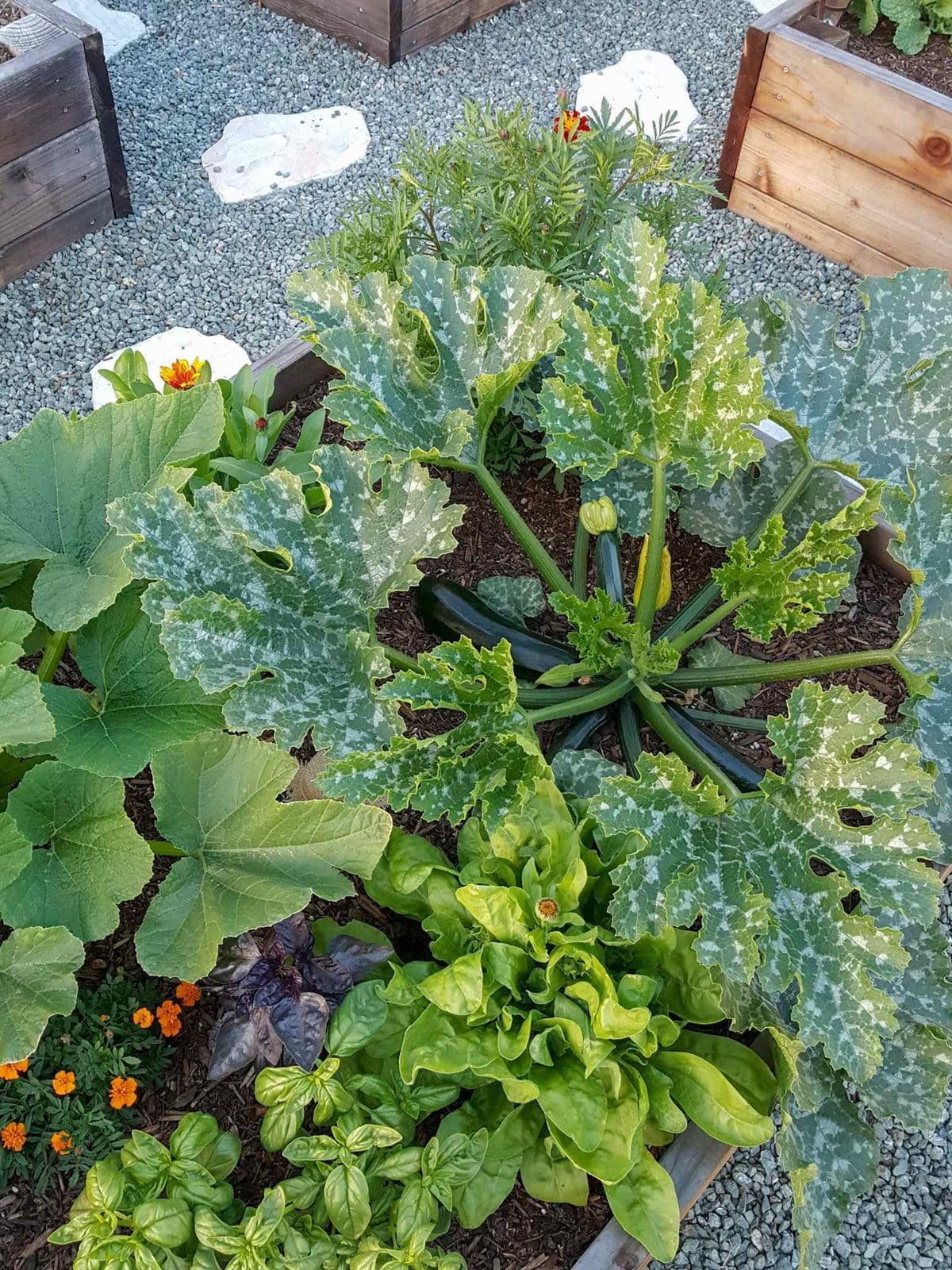
Because it’s high in nitrogen, chicken manure is ideal for heavy-feeding plants. Tomatoes, squash, corn, peppers, kale, and leafy greens love it.
Root crops like carrots and beets can benefit too, but they’re a little more sensitive, so apply manure well ahead of planting or stick to compost that’s been aged a full year.
Additionally, perennials like roses, shrubs, and fruit trees will also thrive with a seasonal top-dressing of composted chicken manure.
Final Thoughts
Chicken poop might not be the prettiest part of backyard farming, but it’s one of the most valuable.
When handled with care and composted properly, it transforms from a messy chore into a free, powerful fertilizer that breathes new life into your soil.
See also: 6 Natural Dewormers to Keep Your Chickens Healthy
